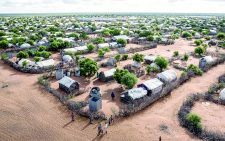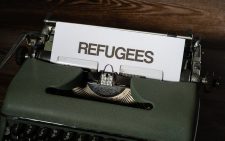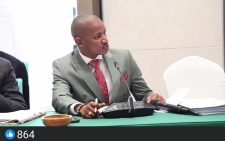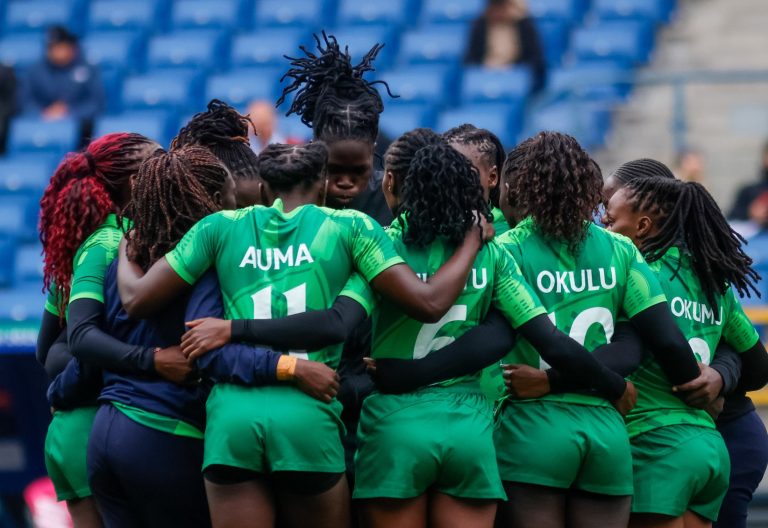Mandera governor blames refugees for county woes
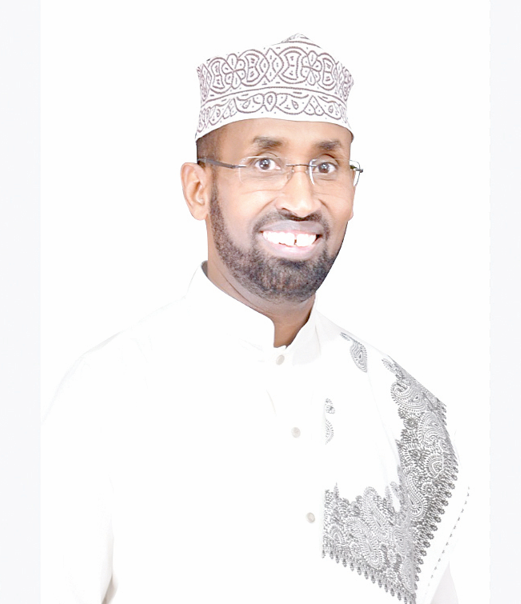
Mandera governor Mohamed Adan Khalif has attributed the humanitarian and environmental challenges that the county faces to the porous border between Kenya and Somalia.
Khalif narrated how the county has suffered a devastating environmental impact following the refugee influx since the early 1990s.
The governor said that the county, which was the first stopover for the early refugees fleeing conflict in Somalia, lost a lot of its natural resources leading to massive soil erosion and environmental degradation. According to the county boss, the scars of the impact are still visible to date, years after the relocation of refugees to their present habitat, Dadaab Refugee Complex.
The governor expressed concern over the burning of charcoal along the border warning that if not controlled, the little vegetation that survived during the refugees’ times is at the brink of being wiped out.
“We are seeing a current menace from illegal charcoal-burning along the porous border. This unsustainable practice, primarily driven by actors from the Somalia side, is depleting our already limited vegetation,” the governor said.
Gender disparity
The governor made the revelations during the launch of an economic empowering project targeting communities in areas worst affected by climate change and displacement due to conflicts.
The 2022 Kenya Demographic and Health Survey (KDHS) data shows that seven out of 10 women in Mandera have no education.
The data also showed the county is among the devolved units with big disparities between illiterate men and women where 34 per cent of men have no education compared to women at 71 per cent.
Additionally, the county has the highest fertility rate with an estimated eight children per woman for the last three years compared to the national rate of about five children per woman.
However, Mandera mothers have little access to immunisation services for their new-borns as statistics showed that only 29 per cent of infants were vaccinated. Among the counties sitting on the arid and semi-arid land (ASAL), only three out of 10 Mandera residents access clean water.
